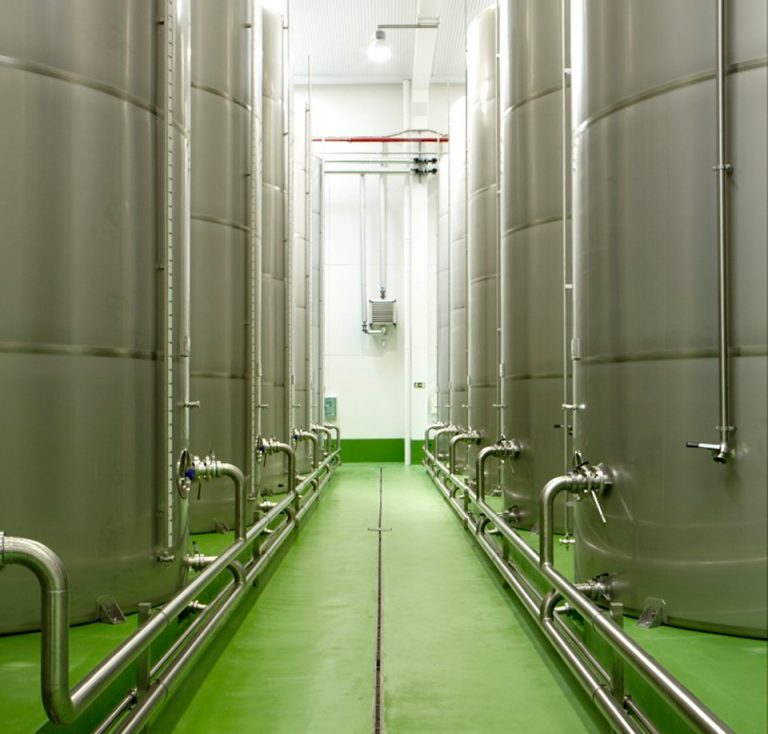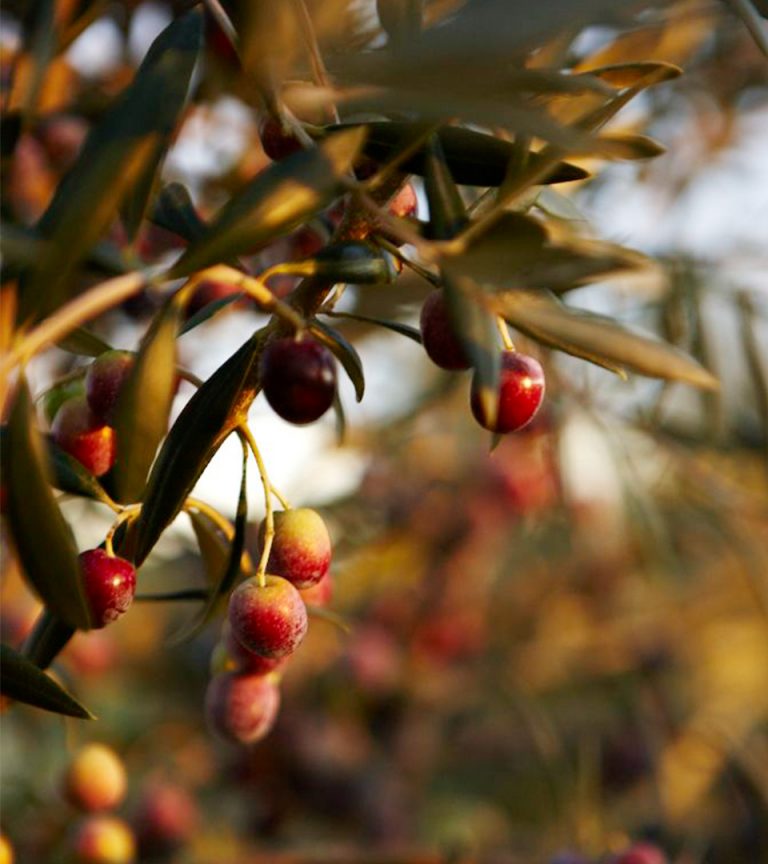Importante:
Alertamos que a loja www.compreandorinha.com.br é a nossa única loja online com venda direta
FAQ
-
Why do I feel that extra virgin olive oil is better?
closeAndorinha olive oil is 100% natural.
The bitter taste (typical of the youngest and greenest olives) is one of the three attributes that characterize real oil (Fruity, Bitter and Spicy) and is also an important sign that the oil was produced with fresh fruits and bottled right after extraction.
This strong flavor tends to naturally become softer over time (respecting the expiration date limits). -
CAN I USE OLIVE OIL TO FRY OR COOK FOOD?
closeHeating up extra virgin olive oil is the best option compared to other vegetable oils commonly used (sunflower, soy and palm oil), because it remains more stable and keeps most of its nutritional properties, especially the antioxidants.
-
DO ANDORINHA PRODUCTS HAVE ALLERGENS?
closeThere are no allergens in our Andorinha olive oil and olives.
-
IS OLIVE OIL PRODUCED THROUGH COLD PRESSING?
close“Cold pressing” refers to the exclusively physical extraction process applied to the olives to get the oil. Oil extracted below 27 °C during the entire process is defined as “cold pressed.”
Anyway, for a good olive oil, the ideal extraction temperature is 25 °C–35 °C. Proper temperature control allows to maintain the original nature of the product, preserving the components that give the aromas and flavors to the oil.
All of our oils meet these extraction quality requirements and are 100% natural. -
WHAT IS OLIVE OIL ACIDITY?
close“Olive oil acidity” is related to the content of free fatty acids rather than to the sensory perception of “acid flavor” present in some foods, such as orange. Acidity is detected through chemical analysis and cannot be perceived by the senses (smell or taste).
-
WHAT IS THE IDEAL ACIDITY FOR CONSUMPTION?
closeOlive oil must have maximum acidity of 2%. To be considered Extra Virgin, acidity must not exceed 0.8%. Most Andorinha oils have an acidity of 0.5%.
-
WHERE IS ANDORINHA OLIVE OIL PRODUCED AND BOTTLED?
closeAndorinha olive oils are produced and bottled in Portugal.
-
IF I HAVE ANY ISSUES WITH MY PRODUCT, WHERE/HOW CAN I SWAP IT?
closeYou can swap it with the retailer, as it is quicker. Depending on the retailer's procedure, the import data on the back of the bottle may be enough to help you. If the retailer is not able to help you, please send an email to faleconosco@sovena.com.br or call: 0800 728 0234.
-
CAN I PUT MY OLIVE OIL IN THE FRIDGE?
closeRoom temperature is ideal for keeping your oil. If it is kept in the fridge, due to the low temperature, its consistency may change and it may get cloudy, but this does not alter its quality and nutritional properties. If you put it back to room temperature, it will return to its original state, maintaining its characteristics.
-
HOW SHOULD I STORE MY OLIVE OIL?
closeStore it in a cool and dry place, away from any light sources.

Contact Us
